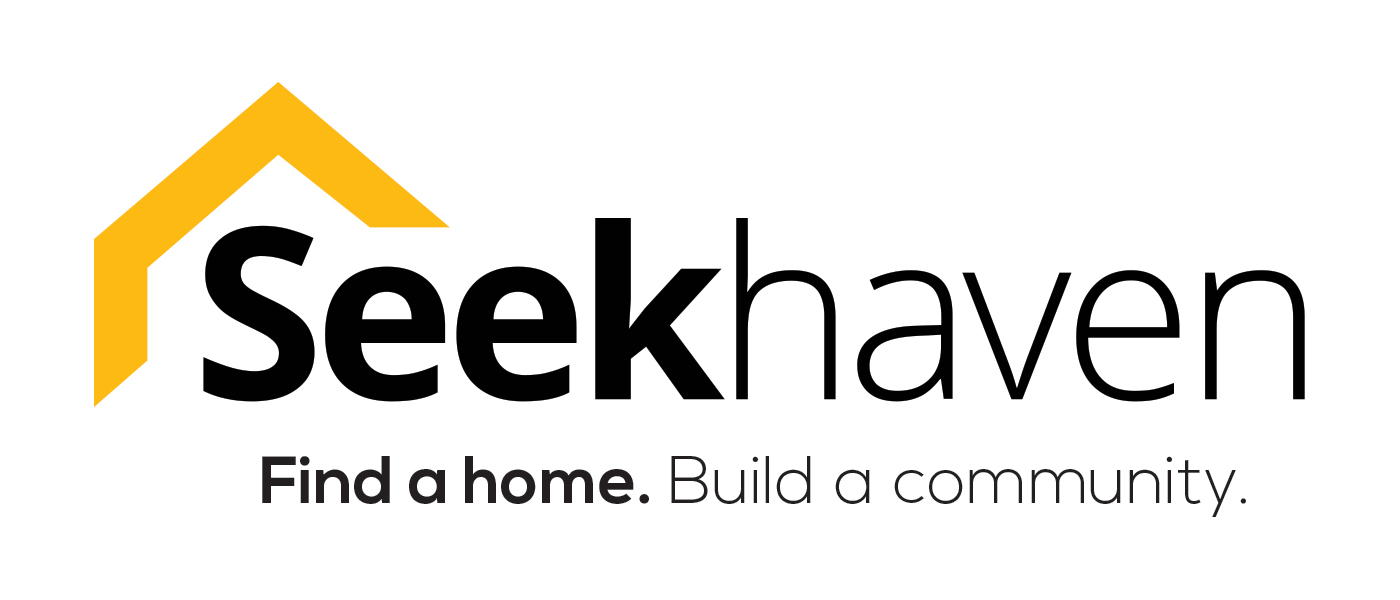Homeless in Transition
Seekhaven’s recovery residences support ending homeslessness and the destructive cycles of drug addiction. We align with nonprofits whose core mission is to use innovative building techniques to provide safe, comfortable and cost effective rapid-response housing that will help those affected by homelessness transition to self-sufficiency.
Jonathan Parkhurst, Seekhaven’s Founder & CEO is a volunteer and board member of Homes 4 the Homeless, and other homeless nonprofit organizations. Having been a survivor of homelessness on the streets of San Francisco’s infamous Tenderloin District.
Homelessness, Mental Disorders, and Addiction
Mental illness is a major cause of homelessness which often leads to drug and alcohol abuse. According to the National Coalition for the Homeless, 38% of homeless people suffer from alcohol addiction, and 26% are dependent on other harmful chemicals. Reports suggest 33% of homeless people battle mental illness. Homeless women suffer higher amounts of drug use than men with 33% of homeless women suffer from heroin and crack cocaine additions.
While 30% of homeless people overall suffer mental illness, the rate is significantly higher in female populations. Common mental disorders the homeless struggle with include:
By reducing the amount spent on housing costs, more funding will be available to put towards the recovery services and support that the underserved homeless community so desperately needs.
Sources Cited: Addiction Center; US Department of Housing and Urban Development; United State Interagency Council on Homelessness.

